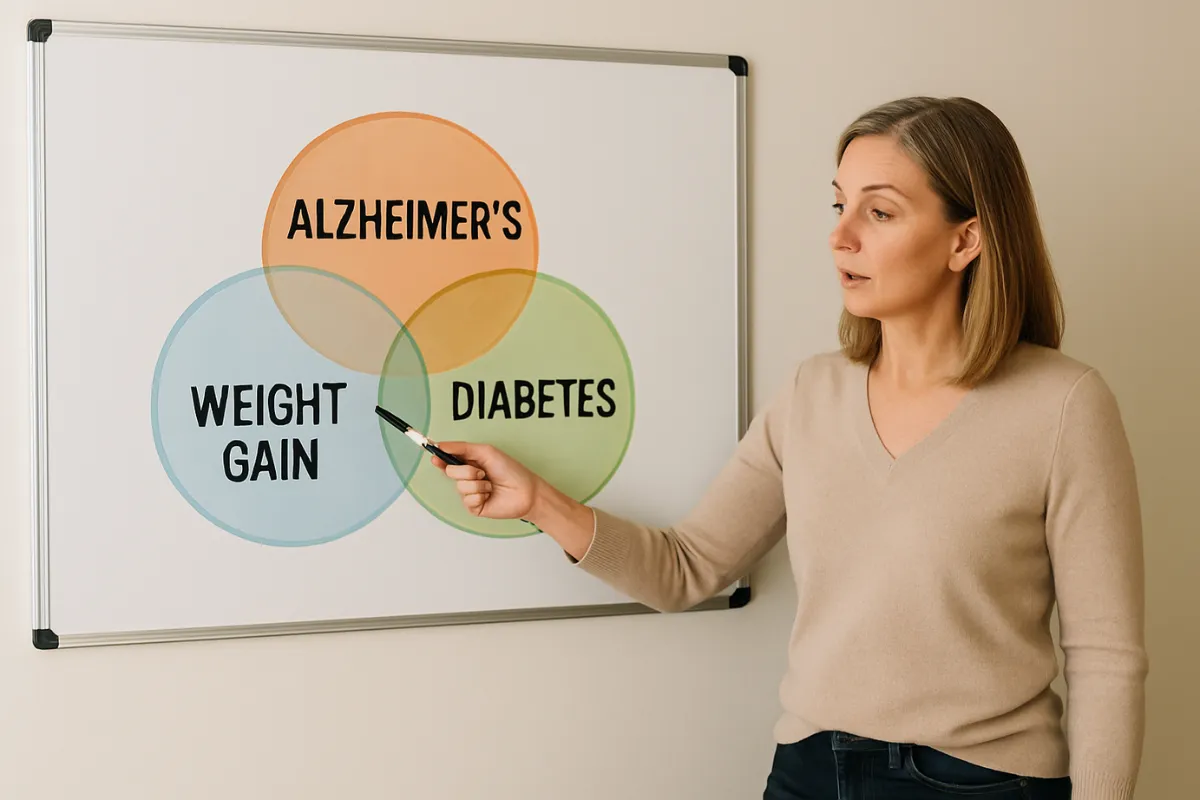Why 85% of people regain the weight they lose and the missing piece that can change everything
Feeling stuck in the diet cycle? It’s not about discipline, it’s about approach. True, lasting change starts by aligning your body, mind, and spirit with your identity in Christ.











